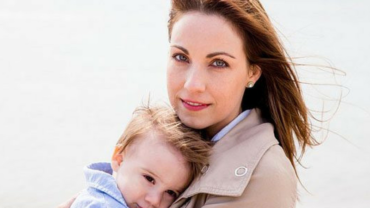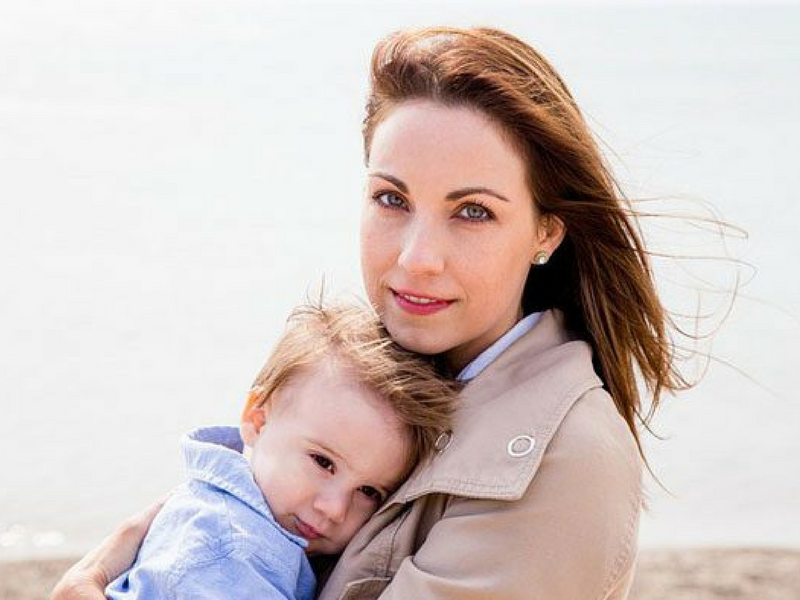The World Autism Awareness Week starts today!
If you are wondering “What is Autism”, continue reading the following article to find out.
Autism or Autism Spectrum Disorder comes in many different forms due to different combinations of hereditary and environmental influences. The conditions of Autism’s signs range from repetitive behaviors, difficulties with social abilities, verbal and nonverbal communication and other special distinctions.
Signs of Autism in children usually appears to be most obvious when they reach the age between 2 to 3. However, there have been cases where children are being diagnosed with signs of Autism at as early as 18 months.
The following 25 facts about Autism will help you better understand the question “What is Autism”.
Check it out now!
Via List 25: 25 Surprising Autism Facts You Need to Know Now
To celebrate Autism Awareness Month, we’re sharing with you surprising facts about Autism Spectrum Disorder. Autism Spectrum Disorder impacts 1 in 68 kids in the USA. However, many people have no idea about the multi-million dollar cost of Autism Spectrum Disorder, the genetic links of Autism Spectrum Disorder, or why New Jersey is the Autism capital of the USA. You’ll learn all this and more interesting autism facts when you read these 25 Surprising Autism Facts You Need to Know Now.
Social is Key
There is No Cure
There is no cure for Autism; however, there are a number of behavioral therapies that can drastically improve how a person with Autism Spectrum Disorder acts. Behavioral therapies can include speech, occupational therapy, or applied behavioral analysis.
First Described in 1943
While Autism has been around for centuries, Dr. Leo Kanner was the first to describe describe “Autism” in his 1943 paper Autistic Disturbances of Affective Contact. Unfortunately, Dr. Kanner did not know everything we now know about Autism, which led to a number of myths about Autism, including the “refrigerator mother” (see #22).
A long time theory of why Autism happened was the idea of the “refrigerator mother.” This idea was that mothers that were cold and distant from their children caused Autism to develop. This idea has since been shown to be a major myth.
Vaccines Do Not Cause Autism
Despite what you might hear on television, science has shown multiple times that vaccines do not cause Autism Spectrum Disorder. This autism myth is based on a false study of twelve children created by Dr. Andrew Wakefield and is one of 25 common misconceptions that aren’t true.
Late Diagnosis is Common
Sadly, while parents often report noticing differences in their children at a young age, many children are not diagnosed for years. In cases of milder symptoms, Autism Spectrum Disorder can go undiagnosed into adulthood.
More Likely to Have Older Parents
Autism Spectrum Disorder is much more likely to happen in children born to “older” parents, meaning mothers over 35 or fathers over 40.
30-50% Also Have Seizures
For reasons unknown, 30-50% of people with Autism Spectrum Disorder also have Epilepsy, a life-long seizure disorder.
Autism and Asperger’s are the Same
Autism Spectrum Disorder is the “new” (circa 2013) name for what used to be a collection of diagnoses, including Asperger Syndrome and Pervasive Developmental Disorder. While this Aspergers fact should be old news, many people still have not adjusted to the Autism Spectrum Disorder name.
Can Lead to Focused Greatness
While Autism Spectrum Disorder can make it hard to manage relationships, it can also give a laser-like focus to things that the person enjoys. Dr. Temple Grandin, an expert in animal behavior, credits her Autism Spectrum Disorder for her ability to focus on her work with animals. You might want to read more about her and the other 25 super smart prodigies who have trouble doing everyday things.
Early Treatment is Important
While there is no cure for Autism Spectrum Disorder, getting early treatment (speech therapy, occupational therapy, social skills training, and applied behavioral analysis) has been shown to have a major impact on a child’s long term success.
All children can wander off, but studies have shown that children with Autism Spectrum Disorder are more likely to wander off into dangerous situations (like near pools, rivers and lakes, or busy streets) than children without Autism Spectrum Disorder.
No Medical Test for Autism
 As of yet, there is no blood test that can diagnosis Autism Spectrum Disorder. Instead, doctors and other professionals use a number of behavioral tests to see what skills children with Autism Spectrum Disorder do or do not have.
As of yet, there is no blood test that can diagnosis Autism Spectrum Disorder. Instead, doctors and other professionals use a number of behavioral tests to see what skills children with Autism Spectrum Disorder do or do not have.
Autism is Everywhere
Unlike many disorders that only occur in some groups of people, Autism Spectrum Disorder has been noted to occur in many different races and ethnicities and across the globe.








